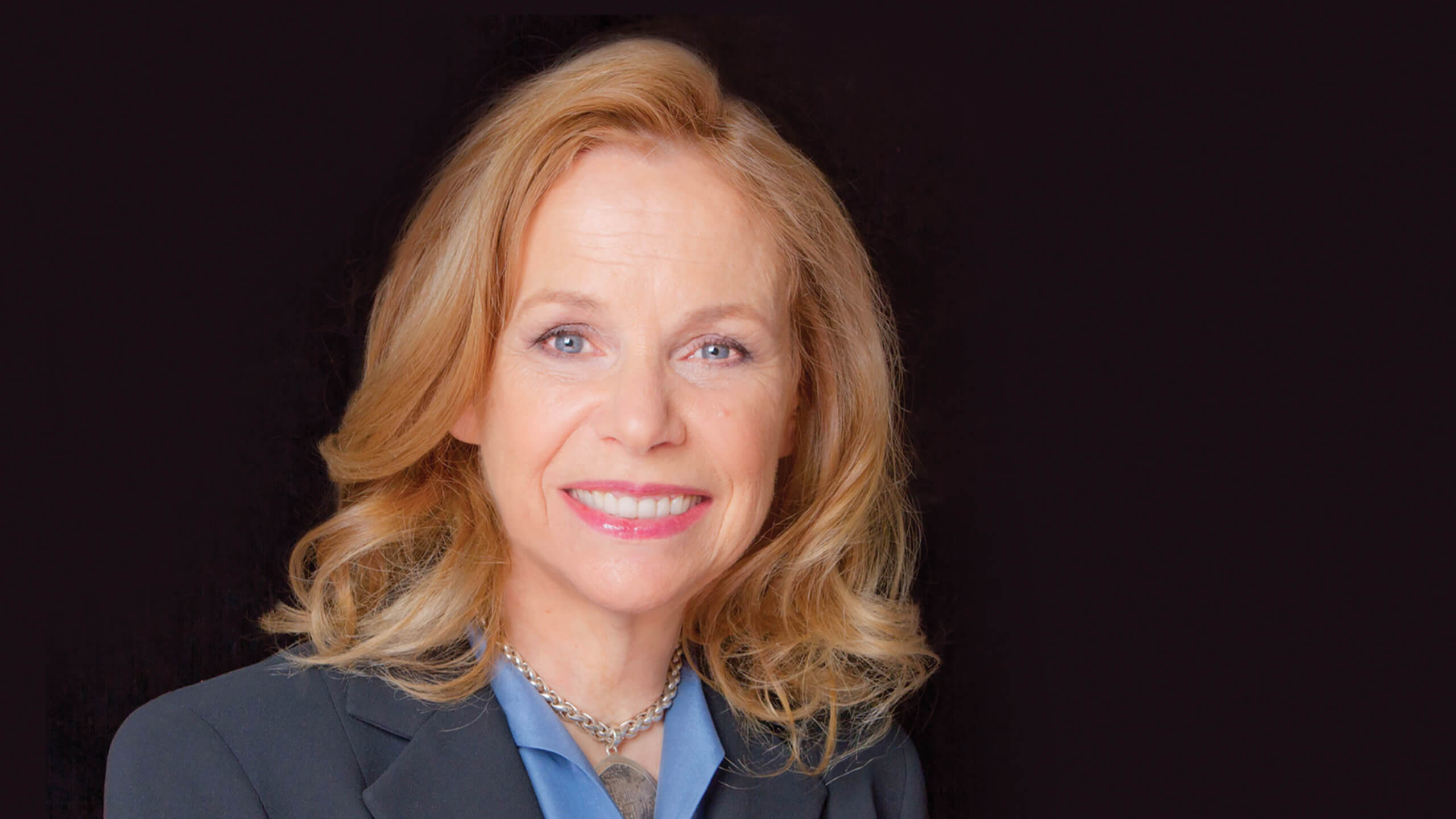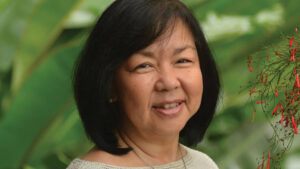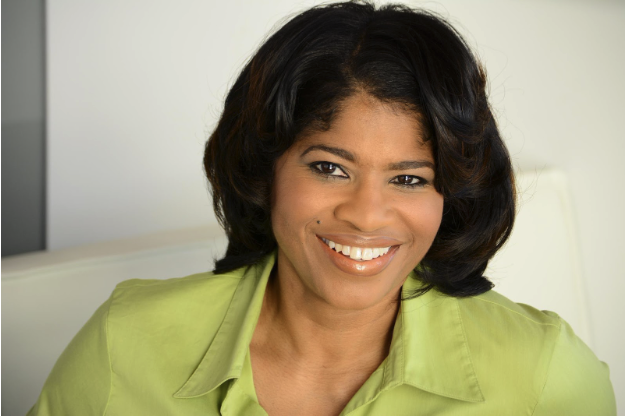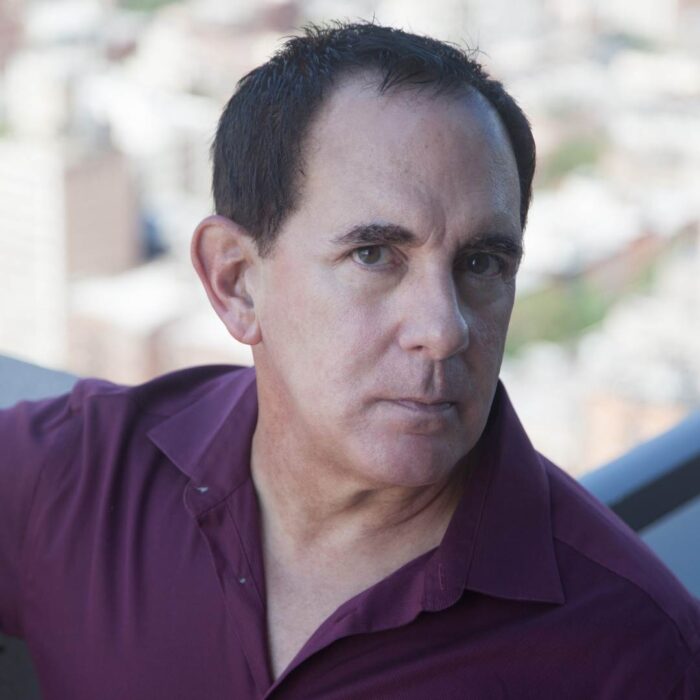An Interview with Kat Mische Elle
Mitzi, tell us about your backstory from childhood to where you are today. What made you, you?
Well, certainly my parents. Both parents were very focused and intentional on not having spoiled children. They didn’t want us to be entitled. They made sure that even though my father was the co-founder and president of the Sheraton Hotel Corporation, they still ensured that our education included time at public and private schools.
Up until the age of eleven, the only clothes I ever got were hand-me-downs. There were 5 of us, and I was the youngest. I remember being excited the first time I ever had something that was not passed down to me from a sibling. It was a pair of gloves.
My mother said that she wanted me for once to have something that was just for me.
My father was a very philanthropic man. I remember when I was a child, maybe age of ten, I walked into his office in our house, and he was busy with books and reading letters.
I asked him what he was doing. He said, “I’m answering requests for charitable contributions.” And then he said, “The greatest pleasure my money ever gave me is giving it away.”
My mother was equally generous. She pounded into our little minds that it was our responsibility to give back to the community. That life wasn’t just a one-way street. A lot of nice things came our way. But it was essential to give back. My brothers and sisters and I owned that as a part of our life’s path.
When I became an adult, it was important for me to achieve goals on my own and not take advantage of my family name. Now at the age of eighty-one, I’m not sure I agree with that approach. I think it was almost foolish to throw away some of my aces. Nevertheless, I chose lines of work where I had to earn it on my own. For example, I became a writer. If you’re not a good writer, it doesn’t matter who daddy is; you won’t stay employed.
I became a syndicated columnist, first for Capitol News in California. And eventually, for Scripps Howard News Service, which is national. I also applied for and auditioned for jobs on television.
Eventually, I had a show called Mitzi’s Country Magazine that was syndicated to 76 stations. My confidence grew knowing that I didn’t get the television spot because of who daddy was. I got it because I auditioned and was chosen. I was quiet about my life and up until my late 40s, I did everything I could to hide my family background.
The world has been paying attention to Ukraine since the beginning of the war that began earlier this year. What led you to visit Kyiv this year in July?
Kind of a tenuous thread that led to it. But, at least digitally, I got to know a person who fled Odessa, Ukraine and was living in the United States. But before coming to this country, he spent at least a couple of months in Poland and while there he saw human trafficking among the refugees from Ukraine. So, I wrote a story on what he had observed, and it was published in Psychology Today. I write a blog for Psychology Today on human trafficking.
The article had human trafficking in the title, and it also had Ukraine in the title. And somehow, it came to the attention of General Andriy Nebytov.
He is the head of the police for the Kyiv region, which extends across a very large region from the capital city to the border of Belarus.
My article about Ukraine and human trafficking came to his attention. And it resulted in a zoom call, in which he invited me to see for myself of what I had been writing about in his country.
Ten days later, I was in Kyiv. The night I got there, there was an air raid, and I spent my first night in a bomb shelter.
As a guest of the Kyiv police, I also visited Chornobyl, areas where Westerners aren’t normally invited. And we’d be traveling at 80 miles an hour to go thru it, never stopping.
There were two reasons for this. One, we could be exposed to radiation and become horribly sick. But I was told that we won’t absorb a significant dose if we go through the area very fast. After we drove thru the area, we were checked with Geiger counters to ensure we were safe from radiation poisoning.
The second reason for driving around eighty miles per hour near the Belarus border through villages was because if we drove slower people on the Belarus side of the border could easily target us for an attack.
While I was there I wanted to interview members of the Kyiv region police department. The incredible men and women who are in a war-torn city were still providing protection and help to its citizens wherever they could.
General Nebytov told me I was the first Western journalist interested in how the war was affecting the police. The first thing that Russia did was bomb the police stations and steal the police cars. They destroyed all police records and police communications.
It’s a psychological operation designed to demoralize the residents and make resistance much more difficult.
The Russians deliberately emptied the prisons. This means that the murderers, the rapists, the arsonists, and the looters were roaming free, and the Russian’s goal was to keep people demoralized by not having them be able to call on the police to serve and protect.
Once I returned from Ukraine, I wanted to do what I could to work with law enforcement in this country, to develop a bridge to help law enforcement in Ukraine.
I have been a part of creating organizations where American law enforcement people will be visiting Ukraine, learning who their counterparts are, learning what’s needed, and how they can help. And I’m incredibly proud of that.
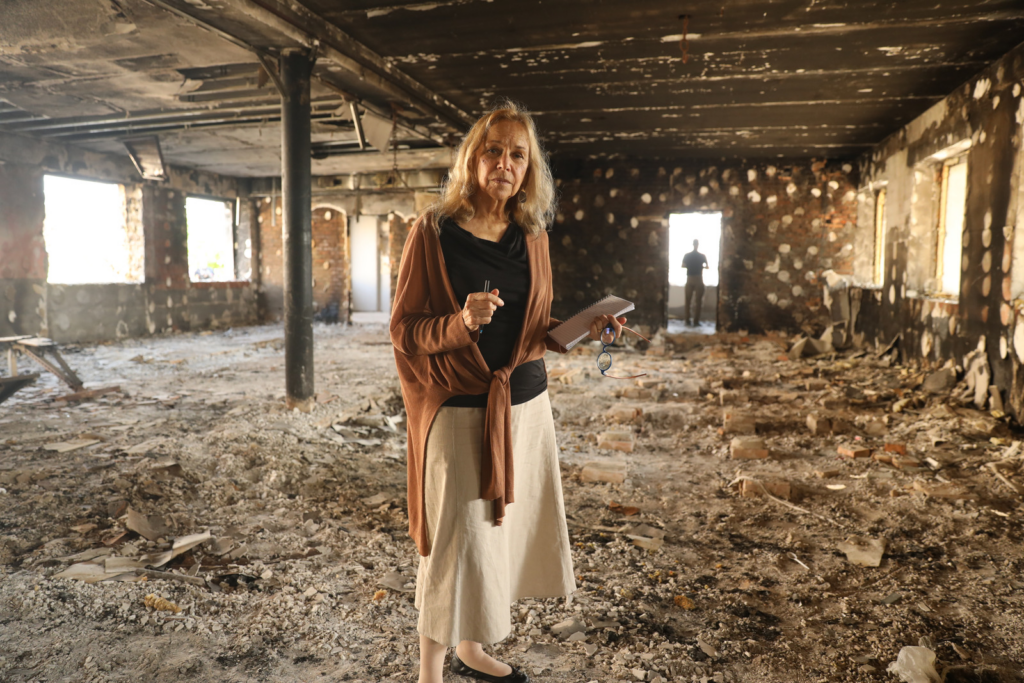
What are the most challenging things you witnessed?
The biggest thing that I learned had to do with human trafficking. Traffickers from throughout the world always choose the most vulnerable people. With Ukraine and its millions of refugees, there are tens of thousands of people with no money, no home, and who are emotionally traumatized.
When women and young girls more specifically cross the border thinking they are safe from bombs. Instead, they are being approached by men who appear kind, offering a warm meal and shelter but they must hurry because the van leaves in 10 minutes. Then these women find themselves hauled off to where the traffickers take control of them. Odds are, these women are going to be trafficked. For the rest of their lives, they may be forced to have sex with a dozen strangers every night.
Did you witness trafficking taking place when you were there?
Yes.
When I was first entering Ukraine, I entered from Poland. We took a car from Warsaw to the border at Medyka, Poland and at this border town of Medyka, it was a 10-minute walk to the border crossing.
An intelligence officer I was with pointed to two pretty girls who were talking with a couple of attractive-looking guys who were helping them into a Mercedes Sprinter van. The intelligence guy said, “Those guys are traffickers. By tonight, the girls’ lives will be pretty much over. They’ve just made the worst mistake of their lives.”
What we witnessed was a heart-wrenching tragedy that haunts me to this day. What was happening was far enough away that there was nothing we could have done about it.
What can be done to help prevent this?
General Nebytov has a way. At the border crossings, the men, women, and children crossing the border are so vulnerable. They’re scared, they’re traumatized, and they’ve lost everything that makes life feel normal. The General wants to create shelters for women where they can rest and get advice so they don’t make what could be the very worst decision of their life. To help finance this, I sold my engagement ring, a near-perfect large emerald for $1.2 million, and a good bit of the proceeds are going to help with the General’s project. All of the proceeds will go for humanitarian assistance in Ukraine. The emerald in question was an engagement gift from my late husband, and it came from the treasure ship Atocha, which sank in 1622. I can’t think of a better use of something so precious to me, and further, I know my dear husband, who was the most philanthropic person I ever met, would completely approve of this use for the ring.
What else can we do to help Ukraine?
We can do something about landmines. One of the horrors of Russia’s war against Ukraine is they’re covering an area that’s so far, the size of Florida, with millions of land mines. They booby trap playgrounds and childrens’ toys, they booby trap houses so that when, for example, you open your dishwasher, you activate the pin of a grenade, and you’re killed. I’ve seen an estimate that 10% of Ukraine’s prime agricultural land has been mined, meaning the farmer who wants to plos his field risks having his tractor blow up, or worse, he may be maimed or killed. The result is, he doesn’t farm. The Russians are also mining the sea lanes to undermine Ukraine’s ability to support itself through trade.
I’ve started a crowd-funding campaign to help provide funds for the world’s oldest and largest demining organization, the HALO Trust. The goal is to raise $300,000, and when we raise that much, we can pay for a team of 18 people to clear mines for half a year. It will make a huge difference in everyone’s lives, when villages or farms or free of mines.
One of the special things about the crowd-funding organization, DonorSee.com. is, when you donate, you get a weekly video report so you can see how your money is being spent. I’m loving this because I’ll get to communicate with people about how its going. For example, I’ll be attending de-mining school in Ukraine, and I’ll have reports on how it’s done, including mine-sniffing dogs, robots, and drones! It’s exciting stuff and I’m eager to share it with everyone!
What do you feel is the most important thing to know about Ukraine and what that country is experiencing right now?
These are good people who are fighting for their national lives. If Russia prevails, there will be cruelty on an unimaginable scale because we already know what Russia has done in the areas that they did conquer. I have visited mass graves where 300 to 400 people were shot after torture. Another reason Ukraine has to prevail is that we know more than 200,000 Ukrainian children were kidnapped and taken to Russia. They need to be brought back to Ukraine. I hope that people support Ukraine with everything they’ve got. These are good people who didn’t ask for the misery that has been inflicted upon them.
What is the best way for the readers to find and follow you and keep updated on everything you’re involved with?
It would mean the world to me if readers would go to DonorSee.com/Ukraine and donate even $5. I’d love to have as many people as possible help with the mine-clearing project, partly because it’s the right thing to do, but also, because each person who donates is showing the people of Ukraine that we in the West care! Further, for anyone who makes a contribution, you’ll have insider information on what’s happening in Ukraine, and you’ll get the enormous satisfaction and maybe even joy of knowing that you really, really, really made a difference in people’s lives! So, come to DonorSee.com/Ukraine and make a donation in any amount!

